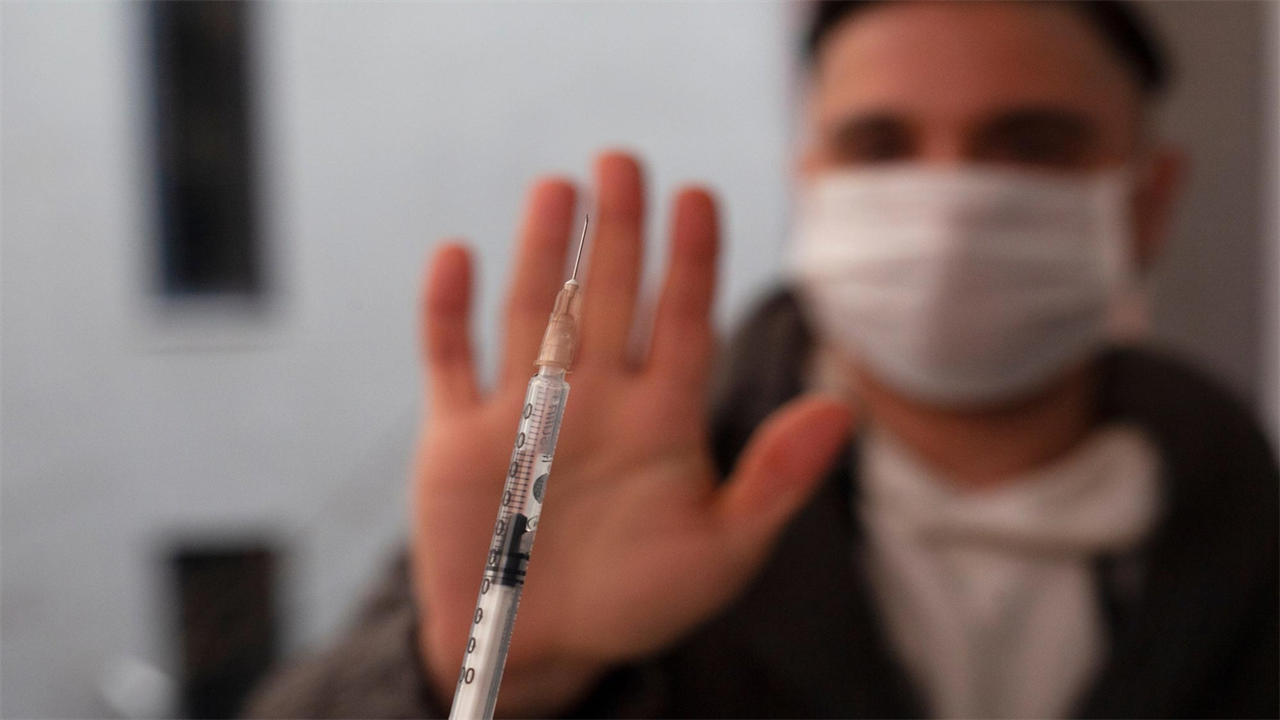Understanding Why People Refuse or Indefinitely Delay Vaccination
0 View
Share this Video
- Publish Date:
- 30 July, 2021
- Category:
- Covid
- Video License
- Standard License
- Imported From:
- Youtube
Tags

A Polish study highlights the impact of the actively communicated, high-profile anti-vaccine arguments, as well as widespread skepticism towards Big Pharma, science and health care providers.
In the context of the COVID-19 pandemic, it becomes essential to understand why people are refusing or indefinitely delaying vaccination. A new Polish study, conducted at Jagiellonian University (Krakow, Poland) and SWPS University of Social Sciences and Humanities (Wroclaw, Poland) and published in the peer-reviewed scientific journal Social Psychological Bulletin, maps the impact of active dissemination to emerged from striking anti-vaccine arguments, as well as the general distrust of Big Pharma, science and health care providers.
In their study, using data from a total of 492 participants who identified themselves as ambiguous against or against vaccination, the research team, led by Dr. Katarzyna Stasiuk, that vaccine deniers are usually guided by a general negative attitude towards vaccination. vaccines.
The arguments were gathered at a conference, where vaccine opponents presented their stance on the subject. Curiously, although they often reported that their position was based on their own or perceived negative experiences with vaccines, they were rather vague in their explanations when asked about their reasoning. Many reported not remembering the source of information, while others attributed autism, allergies or sick children to vaccines, despite the lack of evidence of correlation.
Such cases can be explained by people’s tendency to remember negative messages, even if they were simply read online.
“Confirmation bias consists of a person actively seeking information consistent with their pre-existing hypothesis, and avoiding information indicative of alternative explanations,” the researchers say. “Therefore, pre-existing negative attitudes toward vaccines may lead individuals to interpret negative symptoms as vaccine consequences, further reinforcing negative attitudes.”
The research team also recalls that when similar information is given from multiple sources, people tend to forget how they learned it, often confusing it with their own experience or that of their loved ones. As a result, they can become another source of misinformation.
All in all, vaccine deniers believe that vaccines lead to serious negative side effects, do not protect the individual and society against infectious diseases, and are not sufficiently tested before release. Furthermore, they are convinced that anti-vaccine leaders are better informed about vaccines than doctors, and that it is rather the former who act in the public interest.
Interestingly, compared to the group that self-identified as vaccine hesitant, opponents of vaccines were more likely to believe that modern medicine is capable of handling an epidemic.
Meanwhile, the vaccine-ambiguous survey participants tended to be confident in the efficacy of vaccines, as well as being well researched. However, they were still sensitive to the anti-vaccine movement’s statements about side effects and the “Big Pharma conspiracy”. Moreover, if presented with well-prepared arguments, they are likely to become vaccine deniers.
In conclusion, the scientists note that the existing evidence is rather pessimistic about the possibility of changing the attitudes of vaccine opponents, and therefore recommend that efforts should be focused on convincing the vaccine-ambiguous group so that their concerns about negative effects be reduced. They also suggest that they should be given prosocial arguments about why medical professionals recommend vaccines, to reinforce the positives of their attitudes.
Reference: “Profiles of Vaccine Hesitancy: The Relationship Between Personal Experience with Vaccines, Attitudes to Compulsory Vaccination, and Support for Anti-Vaccine Arguments in Vaccine Hesitant Individuals” By Katarzyna Stasiuk, Józef Maciuszek, Mateusz Polak, and Dariusz Dolinski, July 30 2021, Social Psychological Bulletin.
DOI: 10.32872/spb.6525










